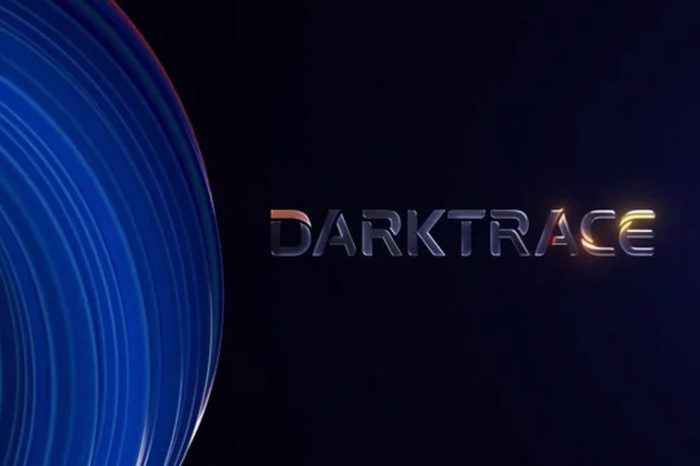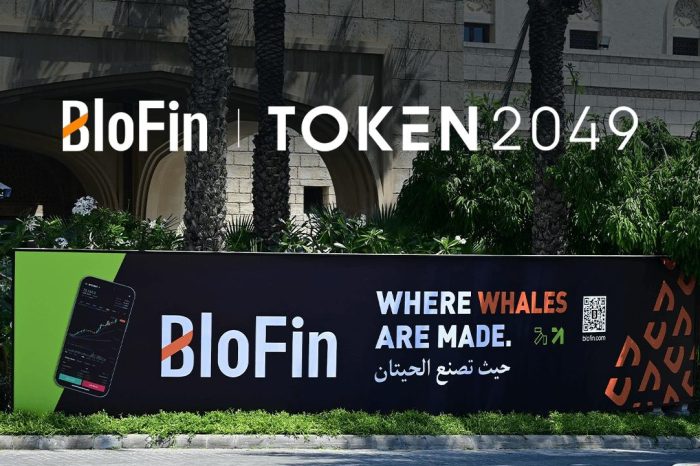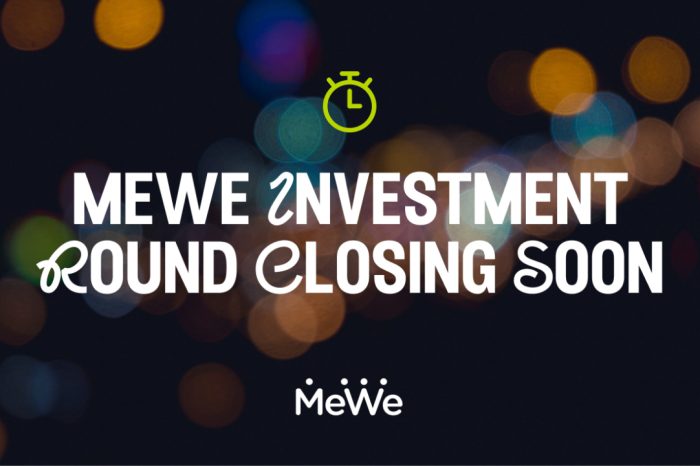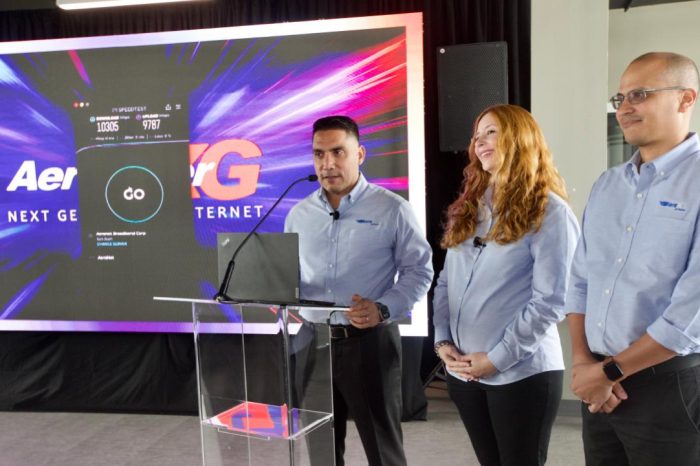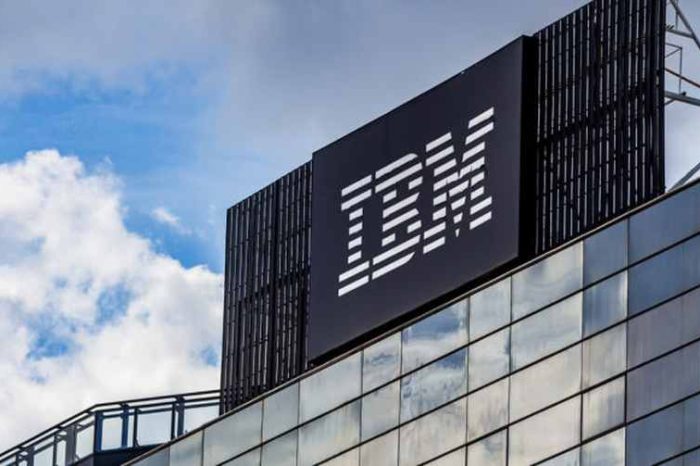In late August, we covered Instacart after the online grocery delivery startup Instacart filed to go public in a valuation that cut the company’s valuation from $39 billion to $24 billion. Now, the company’s valuation has again been slashed by more than 60 percent.
According to a recent CNBC report, Instacart is gearing up for its upcoming initial public offering (IPO) that could value the company up to $9.3 billion on a fully diluted basis. Citing the updated filing the company submitted for its upcoming initial public offering, CNBC said Instacart is aiming to secure fresh capital in the range of $616 million.
This fundraising effort will involve both new investments and the participation of existing shareholders, with the company’s estimated valuation falling between $8.6 billion and $9.3 billion. When considering all factors that might affect the number of shares available, including restricted stock units, stock options, and warrants, the total share count will reach 331 million.
In its official filing, Instacart disclosed its intention to set the offer price for its IPO between $26 and $28 per share. This pricing strategy encompasses a total of 22 million shares, with 14.1 million being newly created by the company and the remaining 7.9 million being offered by existing stockholders. If the IPO prices are at the upper end of this range, Instacart stands to generate approximately $616 million in proceeds.
Instacart also reaffirmed its commitment to enhancing its platform through the integration of artificial intelligence and machine learning functionalities. The company foresees leveraging these AIML solutions to propel its future business growth. In line with this strategy, Instacart unveiled “Ask Instacart” in May, a search tool designed to respond to customers’ inquiries about their grocery shopping, tapping into the burgeoning realm of generative AI.
“We believe the future of grocery won’t be about choosing between shopping online and in-store,” CEO Fidji Simo wrote in the prospectus. “Most of us are going to do both. So we want to create a truly omni-channel experience that brings the best of the online shopping experience to physical stores, and vice versa.”
Instacart, a prominent player in the American online grocery delivery sector, had previously reduced its valuation from $39 billion to $24 billion in March 2022 due to declining public stock performance. By the end of 2022, reports indicated a further 50% drop in its valuation.
Instacart is poised to become one of the standout IPOs of the year as it aims to break into the tech IPO market which has remained dormant since late 2021. In this highly competitive landscape, Instacart faces competition not only from traditional retailers but also from tech giants like Amazon, DoorDash, GoPuff, and Grubhub.
In December of that year, HashiCorp, a software vendor, and Samsara, specializing in cloud tech for industrial firms, went public. However, there’s been a dearth of significant tech IPOs backed by venture capital. Notably, Arm, a chip designer under Japan’s SoftBank, recently initiated a Nasdaq listing application.
Founded in 2012 by Apoorva Mehta (a former Amazon employee), Brandon Leonardo, and Max Mullen, the San Francisco, California-based Instacart is a grocery startup that offers same-day grocery delivery service. Instacart has quickly scaled to over 220 markets and partnered with retailers across North America, including popular national chains (Albertsons, Kroger, Costco, Loblaw) as well as local, regional grocers (Publix, Wegmans, Schnucks, H-E-B).
Instacart is available to more than 85% of U.S. households and more than 70% of Canadian households with delivery and pickup services across more than 5,500 cities in North America. The company expects to deploy the new capital in a number of ways, including product development focused on introducing new features and tools to enhance the customer experience, continued investment in Instacart Enterprise to support retailers’ end-to-end eCommerce needs, and further investment in Instacart Ads to help connect Consumer Packaged Goods (CPG) brands of all sizes to customers shopping online from their favorite local retailers.


